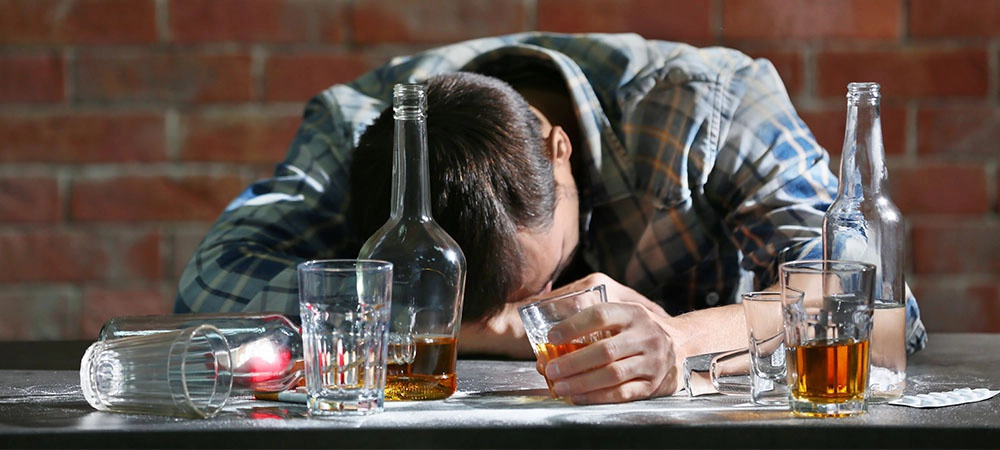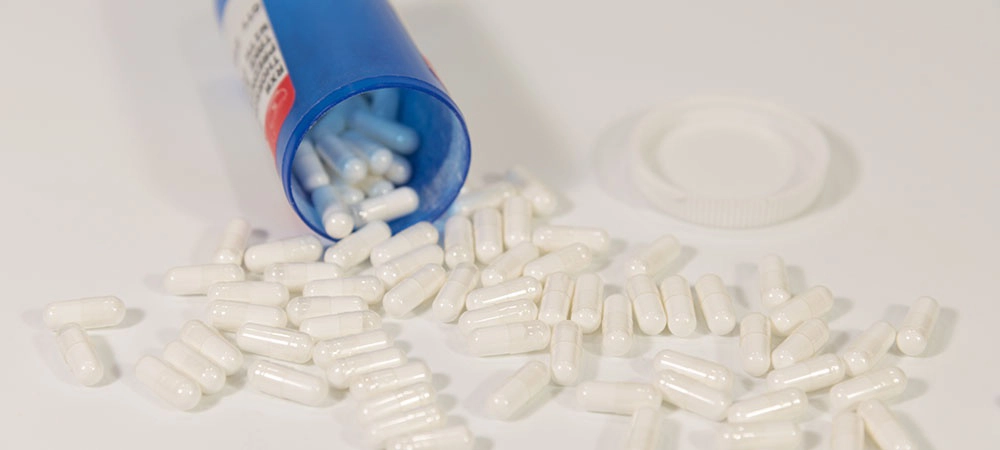According to Statistics Canada, over five million Canadians aged over 12 years engaged in heavy alcohol use in 2021. Given how highly addictive alcohol is, it only takes a few attempts to develop a dependence on it. And that may be the reason many people take it heavily. It doesn’t help matters that alcohol withdrawal symptoms are often intense and excruciating. But the scarier fact here is the symptoms can be life-threatening in extreme cases. As such, you must understand the full extent of the process and prepare for it appropriately.
More importantly, you don’t want to attempt cold turkey abstinence. You’re most likely to experience a quick and frustrating relapse. To prevent that, let’s examine what a typical alcohol withdrawal period entails and the treatment procedure for it.
What Happens During Alcohol Withdrawal?
Alcohol withdrawal happens when you abruptly stop taking alcohol after heavy use for an extended period. This reaction happens as a result of your body not being able to function properly due to its dependence on the substance.
When you drink excess alcohol, it causes your brain to release more GABA neurotransmitters responsible for creating calm and euphoric feelings in your system. Simultaneously, it makes the brain produce less Glutamate – the neurotransmitter that makes you feel excitable.
With continuous consumption, your body begins to compensate by producing more glutamate and less GABA to balance things out. But when you abruptly quit taking the alcohol, the body experiences a chemical imbalance which triggers the symptoms you experience during withdrawal.
Alcohol Withdrawal Timeline
Full recovery from alcohol addiction can take from a few weeks to several years. In extreme cases, you may nurse the damages for a lifetime. But the initial withdrawal phase usually takes 3 to 14 days.
Sometimes, the alcohol withdrawal timeline occurs in stages with each having distinct symptoms and varying levels of intensity.
Depending on your addiction level, you may experience the first signs of alcohol withdrawal within 8 hours after your last drinks. But this is for the more chronic drinkers. A casual drinker may not experience the first signs of withdrawal until a few days after their last drink.
For highly dependent users, the withdrawal symptoms will typically peak between 24 to 72 hours after their last drink. This point is the primary danger zone and you have a higher chance of achieving full recovery after passing this point.
After the peak of the withdrawal phase, the symptoms will linger for a few days, typically another 48 – 72 hours. Beyond this point, your body stops needing alcohol to function properly and achieve chemical balance.
But, that doesn’t mean you’ll stop getting cravings – you’ll still experience them occasionally, but you’ll no longer feel like you can’t get by without alcohol. Once you get to that stage, you’re well beyond physical withdrawal and you can then focus on recovering fully.
Related Article: The 7 Stages of Addiction and How to End it for Good

Alcohol Withdrawal Symptoms
Again, withdrawal is your body system reacting negatively and throwing tantrums because you wouldn’t give it alcohol. And when it’s in this phase, you may experience any or all of the following symptoms.
- Mood change
- Anxiety
- Jumpiness
- Intense craving for alcohol
- Sweating and headache
- Loss of appetite/stomach upset
- Tremors
- Fatigue
- Pupils dilation
- Insomnia
These are the normal symptoms and you may not experience anything beyond these examples if your addiction level is low or average. Typically, they’ll occur in the order listed and will last between 24 to 72 hours.
But for chronic addicts, the listed examples are often pre-peak symptoms. I.e, individuals with higher addiction levels will experience these before hitting the most excruciating phase of their withdrawal period. People in this category will experience any or all of the following symptoms.
- Fever
- Severe sweating
- Palpitation
- Mental confusions
- Hallucinations
- Seizures
These are the more severe and potentially life-threatening withdrawal symptoms. According to the NCBI, only 10% of alcohol addicts get to this stage. If you experience any of these symptoms we recommend getting into a medically-supervised alcohol withdrawal program in Ontario quickly.
Treatment Procedure for Alcohol Withdrawal
Doctors recommend starting alcohol addiction treatment with a medical detox program. Undergoing a detoxification regime helps to eliminate the alcohol remnants from your body so it can properly heal.
A medical detox will only take a few days, usually not longer than the withdrawal period. During that time, doctors will administer treatment that’ll help you manage the symptoms while your body eliminates the alcohol remnants from its system.
Note that, addiction isn’t a disease, as such, there’s no medication to cure it. The primary treatment for this problem is therapy and counseling. But these only start after you undergo detox and get through the withdrawal process.
Doctors may prescribe some medications to help you manage recurring symptoms such as cravings and recurring headaches. But these medications will only serve to satiate your desires for a little while, not automatically make you free of them.
Doctors will also offer treatment to repair any damages the alcohol may have caused to your body over time. After your detox, your response to the treatment doctors administer will determine the next step they’ll take.
Some of the medications doctors will administer during your alcohol withdrawal and recovery include;
- Naltrexone
- Disulfiram (Antabuse)
- Acamprosate (Campral)
- Benzodiazepines
Doctors may also recommend alternative therapy such as yoga, music therapy, intensive workout, and so on to help strengthen your mind. These activities help to build your mental resistance and prevent relapse. They may also become new hobbies to replace your old habits.
Related Article: In-patient Addiction Treatment Approaches for the Indigenous Population in Toronto

Safely Getting Through Withdrawal
The only way to guarantee a safe and complication-free alcohol withdrawal phase is to go through a medically supervised alcohol addiction program. Doctors will monitor you throughout the period and put up pre-emptive measures for any complications that may threaten to occur.
If you’re ready to sign up for a medically assisted recovery program, contact Addiction Rehab Toronto to discuss the best alcohol withdrawal options for your recovery needs. We’ll love to be a part of your journey to getting clean. Reach out and we’ll hold your hands throughout the process.







